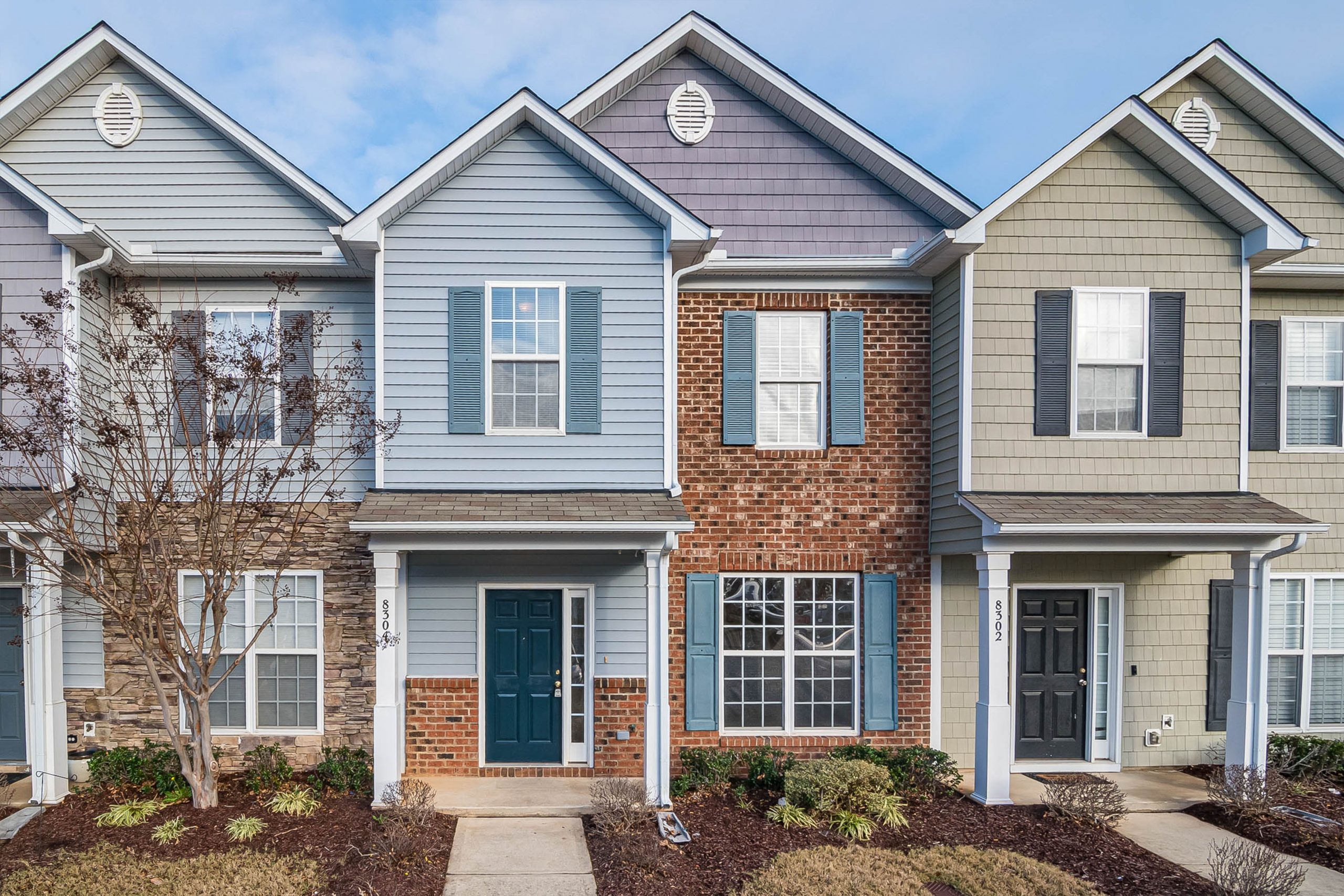International YIMBY wins: Memphis and New Zealand remove barriers to missing middle housing
Memphis, Tennessee is the latest US city to make changes to its planning code to enable more missing middle housing. Buildings containing three to six dwelling units will now be assessed against Memphis and Shelby County’s Residential Building Code. Previously, any structure with three or more dwelling units was assessed against the more restrictive Commercial Building Code, which made potential missing middle too costly to build.
Daniel Parolek, who coined the term ‘missing middle’, called it an “extremely important and precedent-setting move … to remove one of the largest barriers that exists for the delivery of Missing Middle Housing.”
The change is one of many recommendations made during preparation of the Memphis 3.0 Comprehensive Plan. Planners from OpticoDesign investigated how code restrictions prevent walkable communities from being created in Shelby County. Memphis marked its 200th anniversary in 2019; the new Comprehensive Plan seeks to usher the city into its third century by “reversing a pattern of development that has failed to deliver benefits and quality-of-life improvements in an equitable way.”
New Zealand becomes first country to remove single-family zoning country-wide
Initiatives to increase the supply of missing middle housing are not just limited the US, or even North America. Last year, New Zealand passed the Resource Management (Enabling Housing Supply and Other Matters) bill. This means applicants no longer require Council consent to build up to three three-storey dwellings on sites in single-family zones. Pricewaterhouse Coopers predicts that this change could lead to as many as 105,500 new homes in New Zealand’s major cities in the next five years.
To slow spiralling house prices and urban sprawl, Queensland cities and regions must embrace missing middle housing. In Brisbane, we could begin by reallowing townhouses, duplexes, and accessory dwelling units (granny flats) in our low-density suburbs.
Brisbane will reach its own 200th anniversary in 2024; it would be wonderful if by then we too can begin to reduce barriers to creating missing middle housing.



